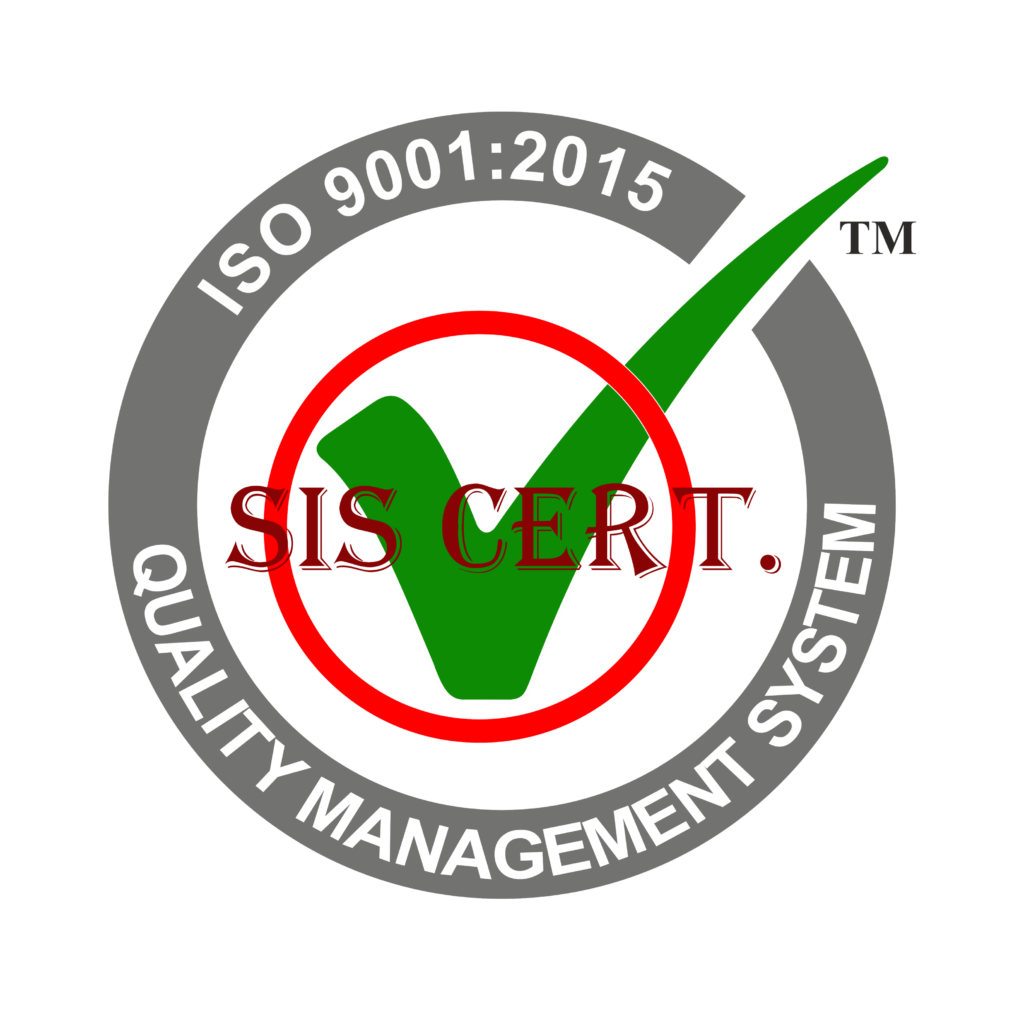The stainless steel industry is in the midst of a technological revolution, driven by green tech innovations that are reshaping the way steel is produced. From energy efficient production to cost reduction strategies and pollution mitigation solutions, sustainable technologies are enabling steel producers to become more efficient and eco-friendly.
This article will explore how these advancements are impacting the stainless steel industry and driving the development of a more sustainable future.
Key Takeaways
- Electric arc furnaces enable recycling of scrap material for production
- Renewable energy sources, such as solar, increase sustainability
- Introduction of sensors and automation optimizes energy inputs
- Advanced techniques reduce the need for new raw materials
Sustainable Technologies
By harnessing sustainable technologies, the stainless steel industry is revolutionizing its production processes to reduce environmental impacts. Through advanced techniques such as electric arc furnaces, these methods enable producers to recycle scrap material and reuse it for production. This reduces the need for new raw materials, as well as the energy and emissions associated with their extraction.
Moreover, the use of renewable energy sources, such as solar, furthers the sustainability of the process. Additionally, the introduction of sensors and automation allows for precise control of the entire production process, ensuring that all energy inputs are optimized.
Energy-Efficient Production
Building on sustainable technologies, energy-efficient production is the next step in the stainless steel industry’s path towards a greener future. Major advancements in green tech are revolutionizing the way stainless steel is produced, making it more energy-efficient and cost-effective.
Through the use of advanced technologies such as process integration, data-driven insights, and robotic automation, the industry is able to reduce energy consumption and increase the efficiency of their production operations. Cutting-edge technologies like these have the potential to significantly reduce the carbon emissions of the stainless steel industry while improving output and reducing costs.
Automation Benefits
Significantly, automation technologies are enabling the stainless steel industry to reduce energy consumption and increase production efficiency. By eliminating manual labour and investing in advanced robotics, the industry is able to reduce costs and improve product quality.
Automation is also helping to bring about a more sustainable production process, as it reduces the amount of energy and resources used in steel production. Additionally, automation has allowed companies to monitor their production processes more closely, allowing for better control over product quality and consistency.
Automation is enabling the stainless steel industry to achieve its sustainability goals while still ensuring product quality and efficiency.
Cost Reduction Strategies
Building on the efficiency and sustainability gains achieved by automating processes, stainless steel businesses are now focusing on cost reduction strategies to further improve their bottom line.
Sustainable materials and processes are key to these cost reductions, as green technology offers a more sustainable and cost-effective alternative. Companies are looking to green technology for energy efficiency, renewable sources, and resource management to reduce their costs.
In addition, advanced materials and processes are being used to reduce the amount of waste generated during the production of stainless steel.
By optimizing their processes and using green technology, stainless steel businesses are able to reduce their costs while still producing a quality product. Improved quality control through the use of green technology is also helping to reduce costs, as it ensures that defective steel is not produced.
Pollution Mitigation Solutions
Taking the cost reduction strategies to the next level, green technology is now being utilized to mitigate the pollution generated by steel production. By utilizing innovative technologies, steel companies can reduce their environmental impact while also maintaining efficient production.
Recent advances in smelting and refining processes have enabled steel firms to limit the release of harmful emissions into the air while also boosting efficiency. Furthermore, using renewable energy sources to power the production process has greatly helped reduce the carbon footprint of the industry.
Frequently Asked Questions
What Are the Long-Term Environmental Implications of Implementing Green Tech in Steel Production?
Implementing green tech into steel production has the potential to significantly reduce emissions and increase sustainability in the long-term, providing environmental benefits to our planet.
What Other Industries Can Benefit From the Innovations in Sustainable Steel Production?
Sustainable steel production innovations can benefit many other industries, such as the automotive, construction, and energy sectors. These technologies can help reduce waste, increase efficiency, and lead to more cost-effective solutions. Such advances can help drive innovation and progress in other industries.
What Challenges Are Associated With the Adoption of Green Tech in Steel Production?
The adoption of green tech in steel production presents various challenges, such as the need for significant investments, a shift in production processes, and navigating regulatory frameworks. However, these challenges can be overcome with innovation and creativity.
How Do Sustainable Technologies Compare to Traditional Steel Production Methods in Terms of Cost?
Sustainable technologies are often more cost effective than traditional steel production methods. They offer efficient and sustainable solutions that can drive innovation and help reduce costs.
What Incentives Are in Place to Encourage the Adoption of Green Tech in Steel Production?
Incentives to adopt green tech in steel production vary, but can include tax credits, grants, and subsidies. Governments and organizations around the world are encouraging the use of sustainable technologies to reduce emissions.
Conclusion
Green tech innovations have the potential to significantly reshape steel production, reducing costs while promoting sustainability.
The implementation of energy-efficient production methods, automation benefits, cost reduction strategies, and pollution mitigation solutions could result in significant long-term benefits for the industry.
Through careful implementation of these technologies, the steel industry could become increasingly more efficient and environmentally friendly.


